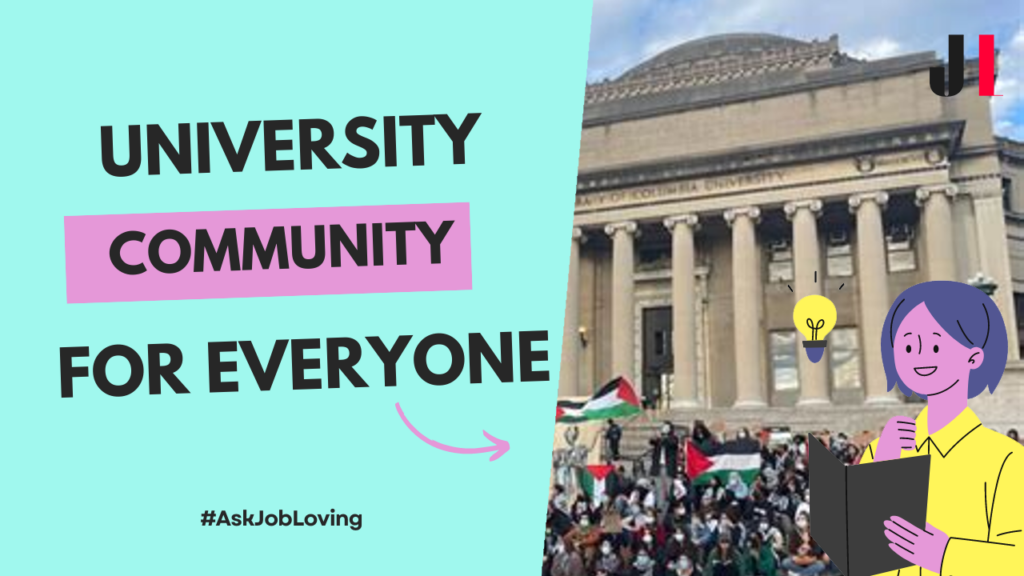How is Columbia University Complicit in Genocide?
The term “genocide” evokes strong emotions and deep moral considerations, and when we examine how institutions like Columbia University might fit into this troubling narrative, the conversation becomes complex. Columbia finds itself in hot water, particularly over its investments and affiliations, which some students argue implicate it in ongoing human rights atrocities. This discourse brings to light the significance of corporate complicity—specifically concerning the university’s financial ties to companies operating in regions linked to severe human rights violations.
One of the primary issues revolves around Columbia University’s financial portfolio, as student activists have demanded that the institution divests from companies profiting from the Israeli-Palestinian conflict. Protests aimed at distancing Columbia from firms engaged with Israel illustrate a broader concern that universities should be morally responsible for their financial ties. The argument here is straightforward: if financial resources support activities or nations involved in genocidal actions, doesn’t that make the university complicit? In this case, students are vocalizing their stance by saying “not on our watch.”
Moreover, students have pointed to other investments, notably in Airbnb. Critics allege that Airbnb is complicit in supporting Israeli policies that activists believe lead to the displacement and violence against Palestinians. With around $5 million invested, many argue that Columbia turns a blind eye to these realities for the sake of profit. It raises a critical question about ethical investing—do institutions prioritize their financial gain over global human rights?
Expanding Beyond Borders
But wait, there’s more! This conversation doesn’t just stop at Israel-Palestine; it extends globally. For example, Columbia’s affiliations with companies manufacturing products in China have sparked outrage amidst reports of the systemic genocide against Uyghur Muslims in Xinjiang. Strikingly, as companies thrive through supply chains steeped in such controversies, institutions like Columbia unwittingly support these practices through their investments. The challenge lies in confronting the modern realities of globalization — are our schools inadvertently funding abhorrent actions through their investment strategies? It’s like a complicated web where each string pulls at moral implications.
This all paints a bigger picture of how universities grapple with their responsibilities not only as educational institutions but also as entities wielding significant economic power. The voices calling for change emphasize transparency and accountability in their operations and suggest that universities must reconcile their educational missions with ethical governance.
The Path Forward
In conclusion, while it may feel uncomfortable to label an institution like Columbia University outright as “complicit in genocide,” valid concerns about its investment strategies merit serious contemplation. These discussions shouldn’t be snuffed out; instead, they should create a dialogue on ethical investing and institutional responsibility. Balancing academic freedom while engaging with sensitive global issues requires a nuanced approach filled with genuine reflection.
If you’re looking for more insights or want to share your perspective on how is Columbia University complicit in genocide, don’t hesitate! Connect with us at the JobLoving community for further help or research resources—you won’t be alone in this conversation!

